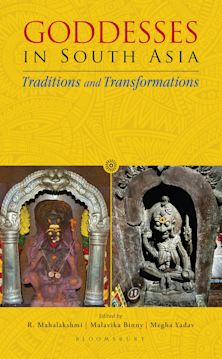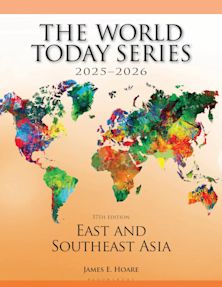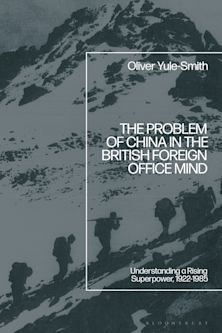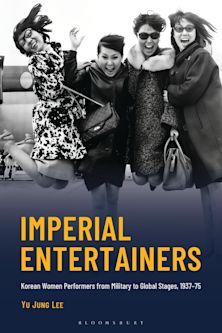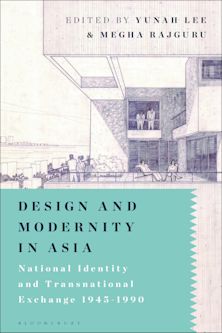China Rising
Power and Motivation in Chinese Foreign Policy
Yong Deng (Anthology Editor) , Fei-Ling Wang (Anthology Editor) , Yun-han Chu (Contributor) , Yong Deng (Contributor) , John W. Garver (Contributor) , Peter Hays Gries (Contributor) ,
- Textbook
China Rising
Power and Motivation in Chinese Foreign Policy
Yong Deng (Anthology Editor) , Fei-Ling Wang (Anthology Editor) , Yun-han Chu (Contributor) , Yong Deng (Contributor) , John W. Garver (Contributor) , Peter Hays Gries (Contributor) ,
- Textbook
Description
Despite its increasingly secure place in the world, the People's Republic of China remains dissatisfied with its global status. Its growing material power has simultaneously led to both greater influence and unsettling questions about its international intentions. China also has found itself in a constant struggle to balance its aspirations abroad with a daunting domestic agenda. This authoritative book provides a unique exploration of the complex and dynamic motivations behind Beijing's foreign policy. The authors focus on China's choices and calculations on issues such as the ruling Communist party-regime's interests, international status and image, nationalism, Taiwan, human rights, globalization, U.S. hegemony, international institutions, and the war on terrorism. Taken together, the chapters offer a comprehensive diagnosis of the emerging paradigms in Chinese foreign policy, illuminating especially China's struggle to engineer and manage its rise in light of the opportunities and perils inherent in the post-cold war and post-9/11 world.
Table of Contents
Chapter 2 Beijing's Incentive Structure: The Pursuit of Preservation, Prosperity, and Power
Chapter 3 Better Than Power: "International Status" in Chinese Foreign Policy
Chapter 4 National Image Building and Chinese Foreign Policy
Chapter 5 Nationalism and Chinese Foreign Policy
Chapter 6 Chinese Foreign Policy in the Age of Globalization
Chapter 7 China's Multilateral Diplomacy in the New Millennium
Chapter 8 China's U.S. Policies
Chapter 9 The Evolution of Beijing's Policy toward Taiwan during the Reform Era
Chapter 10 Democracy and Human Rights in Chinese Foreign Policy: Motivation and Behavior
Chapter 11 Terrorism and Chinese Foreign Policy
Product details
| Published | 10 Dec 2004 |
|---|---|
| Format | Ebook (PDF) |
| Edition | 1st |
| Extent | 1 |
| ISBN | 9798216204282 |
| Imprint | Rowman & Littlefield |
| Series | Asia in World Politics |
| Publisher | Bloomsbury Publishing |
Reviews

ONLINE RESOURCES
Bloomsbury Collections
This book is available on Bloomsbury Collections where your library has access.













